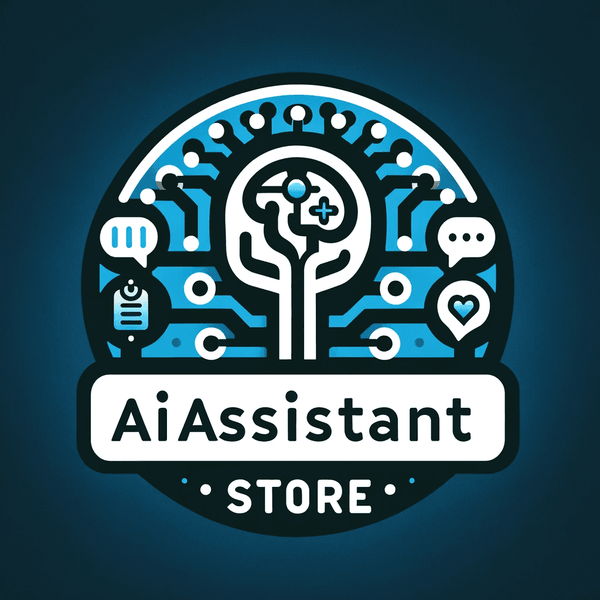🤖 Alexa+ makes Amazon’s gadgets feel a little too smart
Amazon just rolled out fresh Echo speakers, Kindles, and Ring devices - this time all carrying Alexa+, their pumped-up AI assistant. The flashy trick? A feature called Search Party that can scan nearby Ring cameras to hunt down missing pets. It’ll start with dogs (cats apparently need to wait their turn).
And yeah, oddly enough, even the Kindle got “AI upgrades.” Not exactly the first place you’d imagine needing generative brains, but here we are.
🏗 Meta throws $14B at CoreWeave
CoreWeave just locked in a $14 billion contract with Meta, aimed at fueling Meta’s next round of AI scaling. This isn’t just about chips - it’s about raw computing horsepower, the kind that trains and serves models across massive networks.
Moral of the story? Whoever sits on the GPU stockpile… kinda gets to steer the future.
🧠 IBM pitches “Agentic AI” for messy networks
IBM announced something it calls Network Intelligence - basically packaging AI as a troubleshooting, self-healing brain for enterprise systems. They’re slapping the “agentic AI” label on it, promising that your network can auto-optimize and patch itself in real time.
Sounds slick, though the real test is uptime. Tech marketing is easy, keeping systems from falling apart… not so much.
🎭 Hollywood snaps at AI “actress” Tilly Norwood
The reveal of Tilly Norwood, a fully digital, AI-generated actress, is setting off alarms across Hollywood. SAG-AFTRA, Emily Blunt, and plenty of others are calling it a hard line: synthetic faces edging out real actors.
This isn’t just labor talk - it’s poking at the deeper question: is it still “acting” if the performer never actually existed?
🧬 Cornell experiments with “intuition in a bottle”
Researchers at Cornell are testing whether science can get the best of both worlds - AI’s brute force mixed with flashes of human intuition. Their idea: let algorithms crunch, but weave in those leaps of insight humans randomly stumble on.
It’s a mash-up of lab notebooks, hunches, and computational rigor. Strange, but promising.
🏥 AI and public health: big checks, bigger caution
The U.S. Department of Health and Human Services doubled its funding for AI-backed childhood cancer research - betting that algorithms might speed diagnosis and improve clinical trial designs. Huge potential, big money.
Meanwhile, the FDA is asking for public input on how to actually measure these AI medical tools once they’re in the real world. Because, as everyone knows, “works in the lab” doesn’t always mean “safe in practice.”
🔐 The AI boom’s risky sequel: debt and uneven gains
Analysts are flagging a pattern - AI companies are taking on mountains of debt to expand data centers and secure rare chips. It’s a gamble: scale up fast or get left in the dust.
At the same time, the gulf between the firms that win big and those that barely hang on is widening. Think gold rush… except the pickaxes are racks of GPUs.

